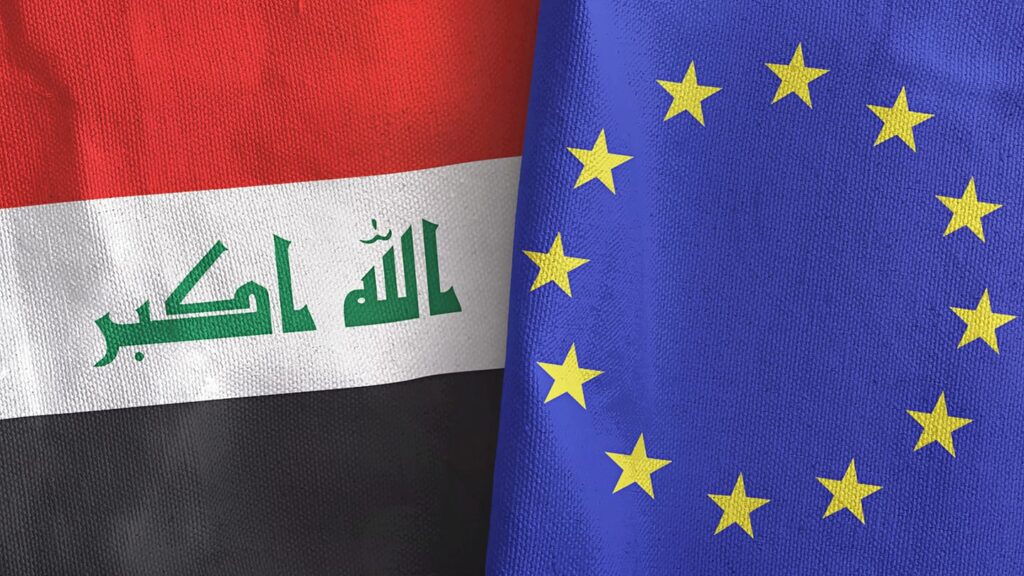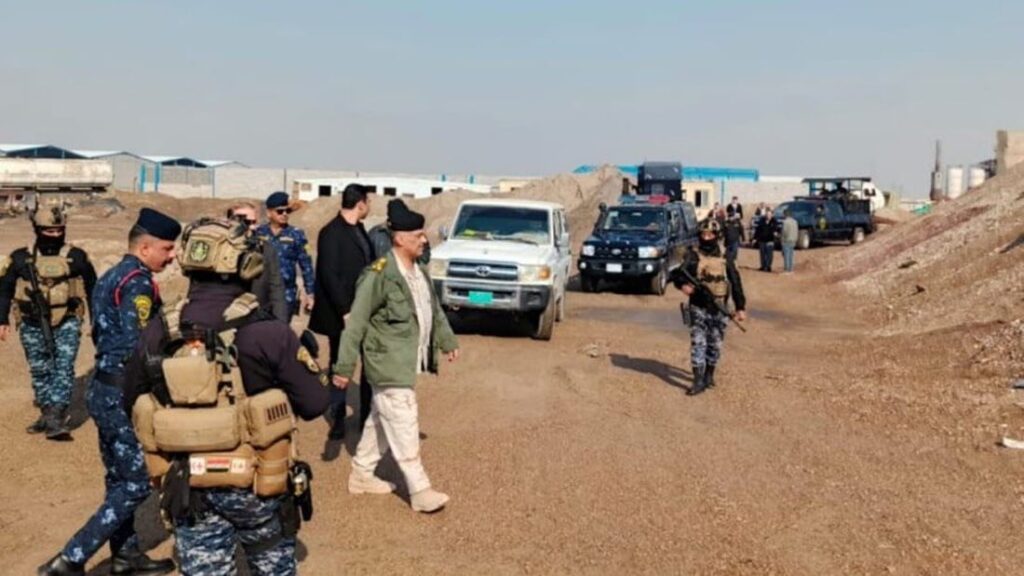Iraq: Europe, The Middle East, and Central Asia - Disaster Risk Reduction Fact Sheet, Fiscal Year (FY) 2019
OVERVIEW
Natural hazards, such as droughts, earthquakes, floods, wildfires, and extreme winter weather, affect a range of countries in Europe, the Middle East, and Central Asia (EMCA). Protracted conflict and limited governmental disaster management capacity in many EMCA countries compound the risks associated with natural disasters.
Furthermore, environmental degradation and rapid urban growth in some countries have led to overcrowding and settlement in hazard-prone areas.During FY 2019, USAID’s Office of U.S. Foreign Disaster Assistance (USAID/OFDA) responded to complex, large-scale crises in EMCA while supporting DRR activities. In Europe and Central Asia, USAID/OFDA facilitated ongoing DRR efforts to build resilience and improve emergency preparedness, mitigation, and response capacity at the local, national, and regional levels. In FY 2019, USAID/OFDA provided nearly $7.2 million for DRR projects throughout EMCA.
STAND-ALONE DRR PROGRAMS IN EMCA
In FY 2019, USAID/OFDA provided approximately $2.4 million for stand-alone DRR initiatives in EMCA that improved preparedness and aimed to mitigate and prevent the worst impacts of disasters. Additionally, USAID/OFDA supported multi-regional and global DRR programs that strengthened disaster preparedness and response. At the regional and country levels, USAID/OFDA-supported initiatives engaged communities, national and local governments, international and regional organizations, and non-governmental organizations (NGOs) to develop effective strategies to reduce the risk of disasters. These programs all reflected USAID/OFDA’s commitment to support capacity development; strengthen linkages among monitoring, risk identification, early warning, and early action; and expand partnerships and joint programming.




